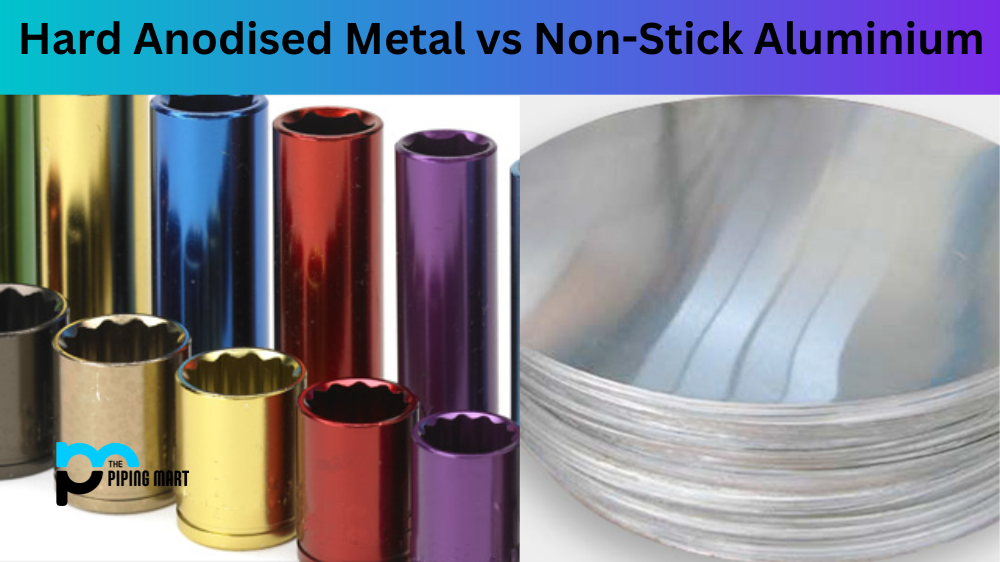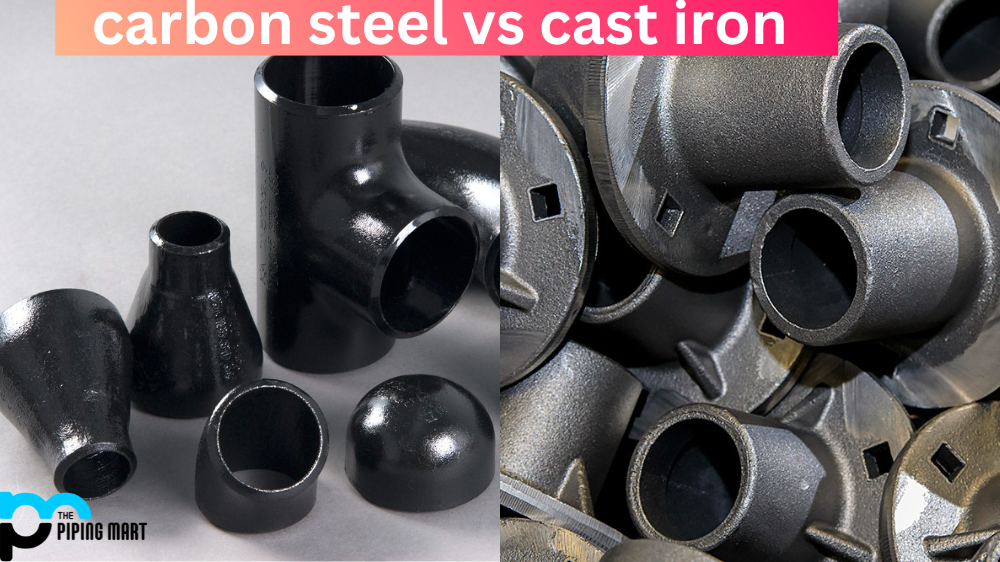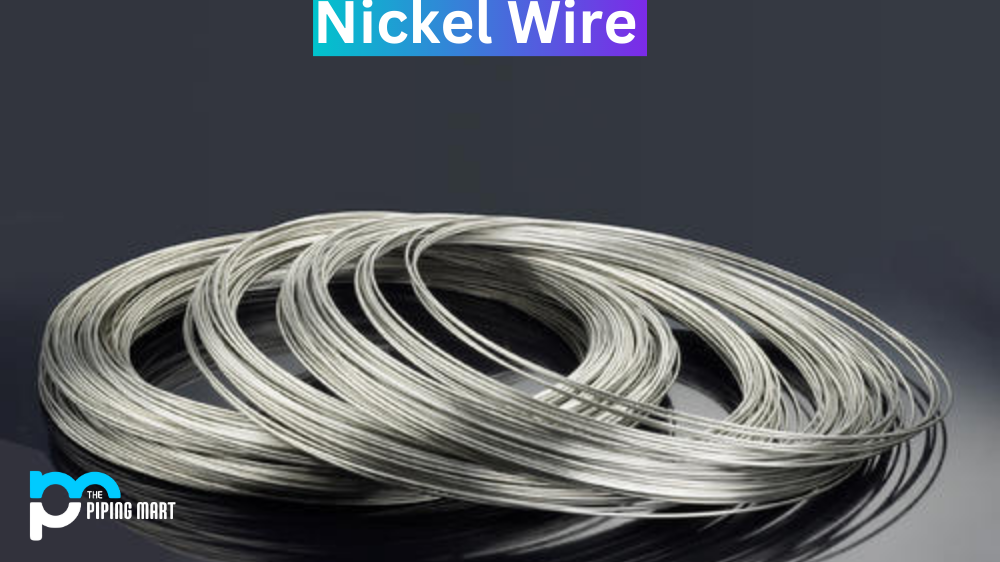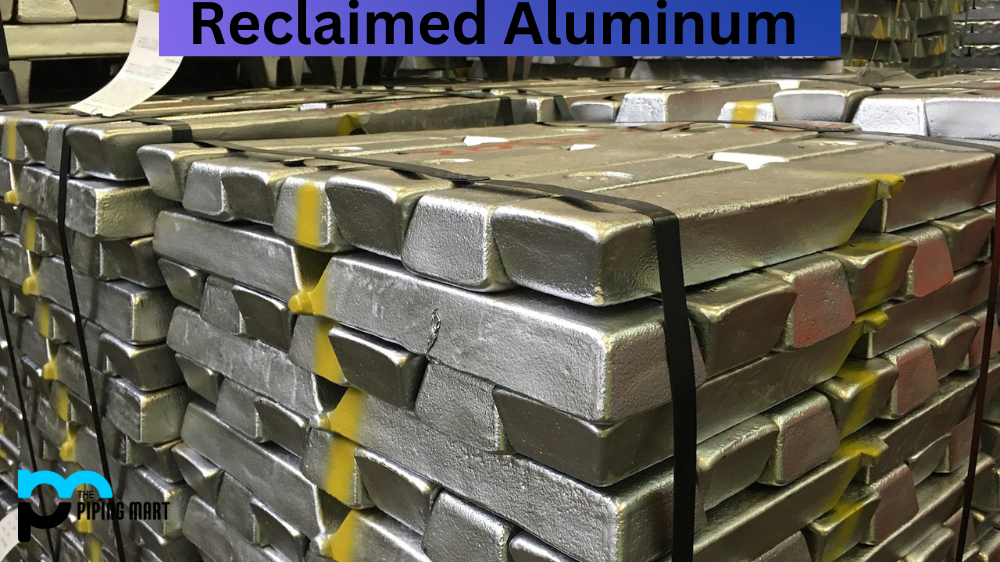When it comes to cookware, there are two main types of aluminium that you will likely come across: rugged anodized and non-stick aluminium. Each type has its own advantages and disadvantages, so it’s important to understand their differences before purchasing. Let’s examine why one type may be better for you than the other.
Hard Anodized Aluminum
Hard anodized aluminium is made by electrochemically treating aluminum until it forms a hard coating on its surface. This makes the metal much more durable than untreated aluminium, which is softer and prone to scratches and dents. The hard anodizing also makes the metal more challenging to clean since food particles can get stuck in the grooves of the coating, but it does make for longer-lasting cookware that can withstand higher temperatures without warping.
Aluminum
One of the most popular types of cookware is non-stick aluminium. The inside of this type of cookware is coated in a thin layer of ceramic or silicone that helps prevent food from sticking to it when cooking or cleaning. Non-stick aluminium is generally easier to clean since food particles don’t stick as quickly. Still, it should not be used at high temperatures because the non-stick coating can start to break down over time with prolonged exposure to heat.
Difference Between Aluminum and Hard anodized aluminium
Aluminum and hard anodized aluminum may sound very similar, but they have some distinct differences that make them incompatible substitutes for each other in many cases. In general, aluminum is softer and cheaper than hard anodized aluminum, although hardening processes can make the former material as hard or harder than the latter. While hard anodized aluminium has significantly increased corrosion resistance compared to pure aluminium, it is also much more expensive to produce and has a lower thermal conductivity than its untreated counterpart. Ultimately, deciding between the two depends on preference and use-case since each has its purpose depending on the project.
- Hard Anodized Aluminum is More Durable
- Hard Anodized Aluminum is More Non-Stick
- Hard Anodized Aluminum is More Energy Efficient
- Hard Anodized Aluminum is More Recyclable
Conclusion:
When deciding between hard anodized and non-stick aluminium cookware, each option has its own set of pros and cons that need to be considered. Hard anodized cookware is more durable than other types while still resistant to scratches, dents, and warps; however, it can be harder to clean due to its grooved surface. Non-stick aluminium is easier to clean due to its smooth surface but should not be used at high temperatures because the coating can start wearing down over time. Ultimately, your choice will depend on what you value most in your cookware – durability or ease of cleaning – so make sure you consider all factors before making your decision!

A passionate metal industry expert and blogger. With over 5 years of experience in the field, Palak brings a wealth of knowledge and insight to her writing. Whether discussing the latest trends in the metal industry or sharing tips, she is dedicated to helping others succeed in the metal industry.




